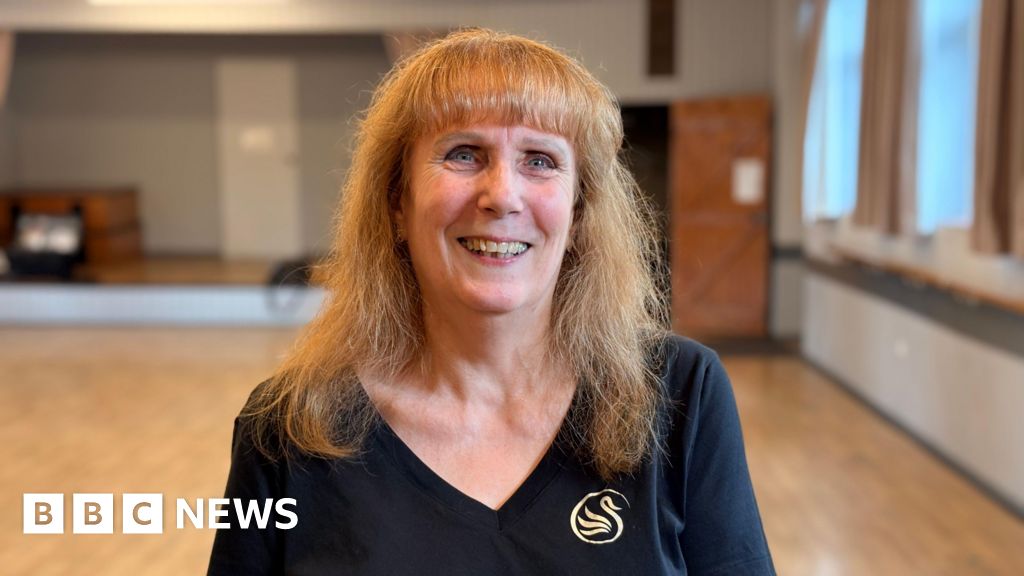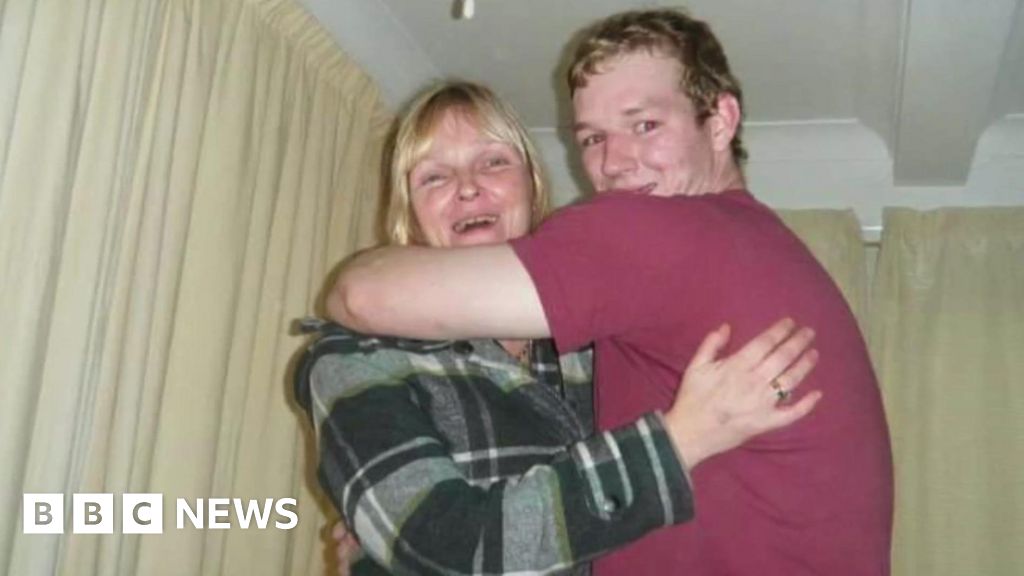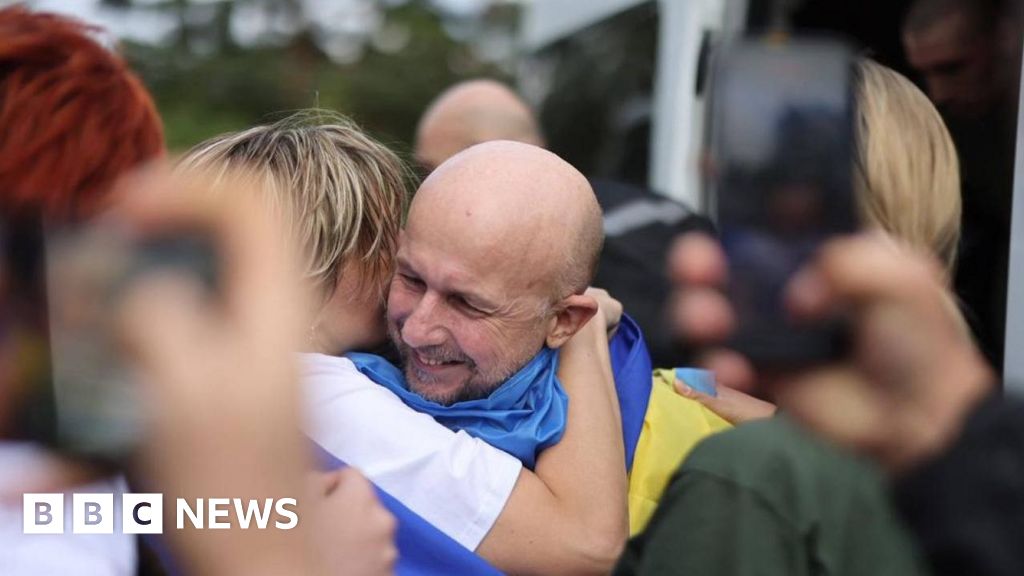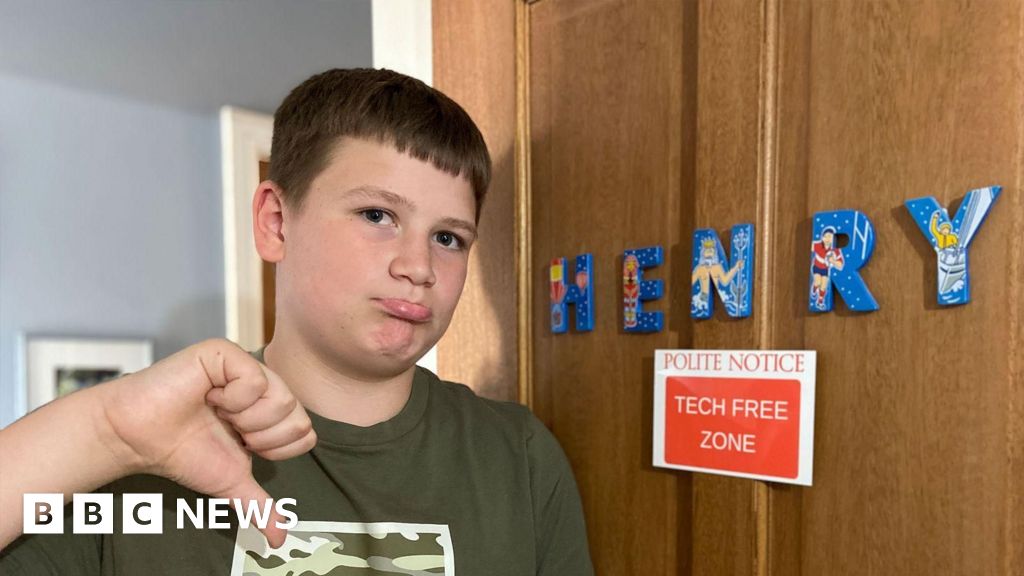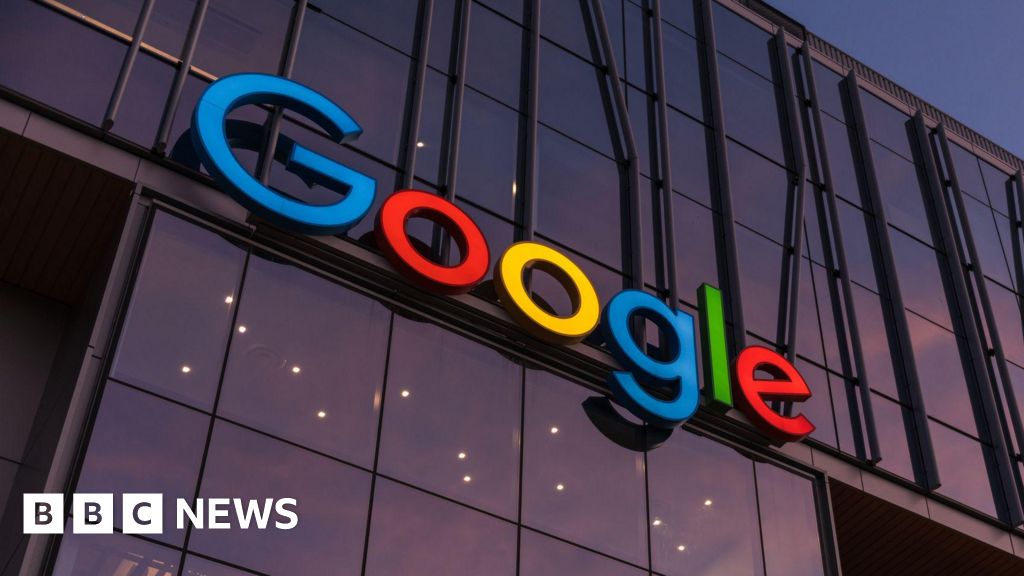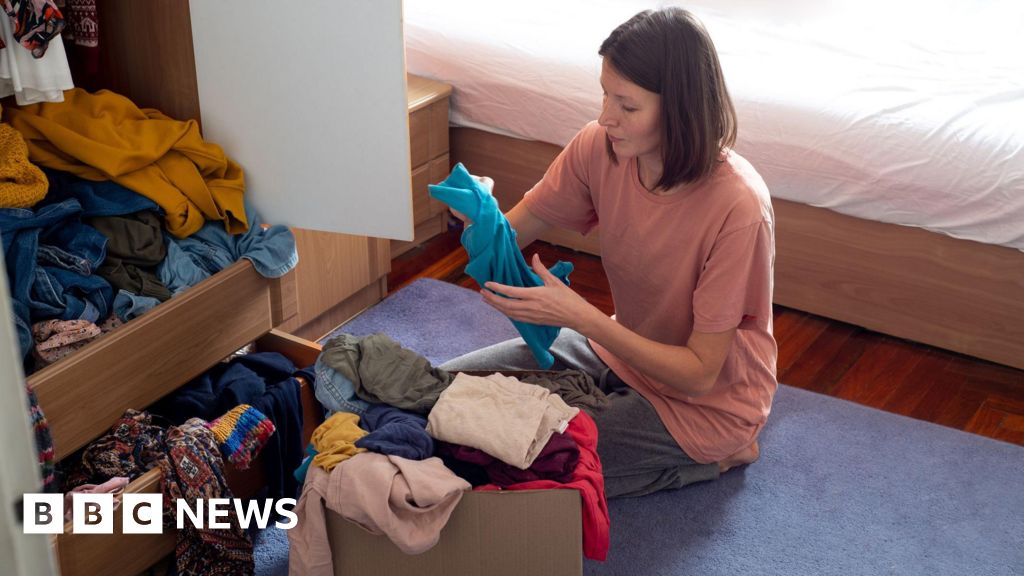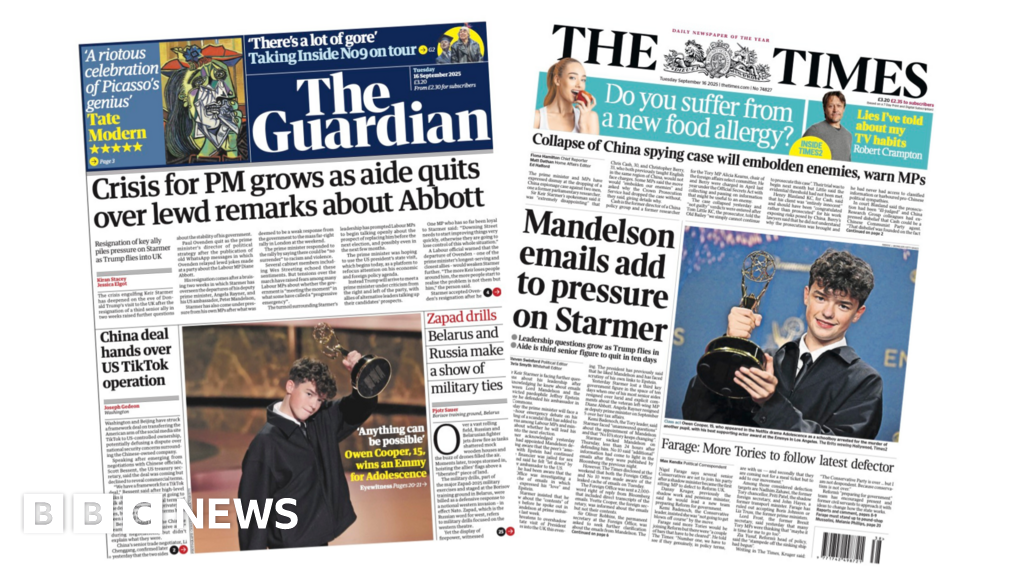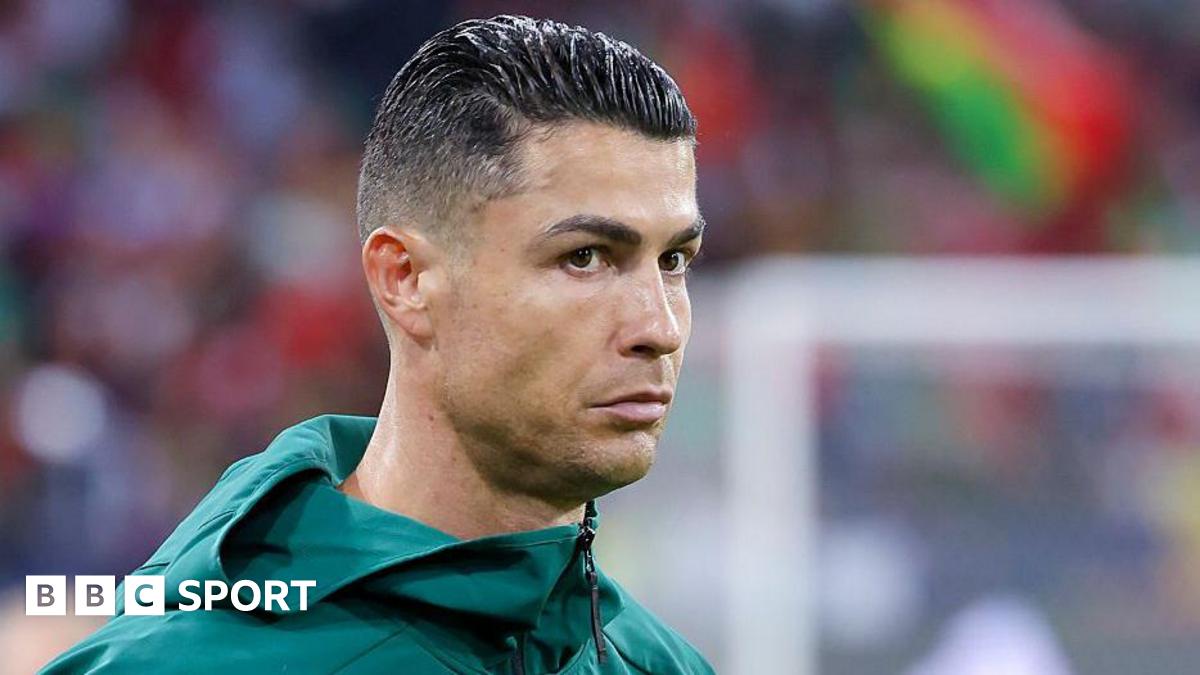
 BBC
BBC
James Yeates' son Luca was born in September 2024
The UK's statutory parental leave system is "one of the worst in the developed world" and has "fundamental flaws", a group of cross-party MPs has said.
A report published today by the Women and Equalities Committee said paternity leave rules "entrench outdated gender stereotypes".
It added that "bold" action is needed, but warned any changes would require significant investment.
A Department for Business and Trade spokesperson said the government is carrying out a review to see how it best can support working families.
Introduced in 2003, statutory paternity leave allows most new fathers and second parents in the UK to take up to two weeks off work.
It applies to all partners, regardless of gender, after the birth, surrogacy or adoption of a baby.
Those eligible receive £187.18 a week or 90% of their average earnings, whichever is lower.
This works out as less than 50% of the National Living Wage and fathers are ineligible for statutory paternity leave if they are self-employed or earn less than £123 a week.
The report says this is "completely out of kilter with the cost of living" and suggests the government should consider increasing paternity pay to 90% or more and paternity leave to six weeks in a phased approach.
It recommends both aspects should be done during this Parliament.
Highlighting how paternity leave has not changed noticeably since its introduction more than two decades ago, the report says: "We now have one of the worst statutory leave offers for fathers and other parents in the developed world."
In Spain, new dads can take 16 weeks off work at full pay.
New rules introduced in France in 2021 mean working dads can now spend 28 days at home while being paid.
Families in Sweden are entitled to 480 days of paid parental leave, with 90 days reserved for fathers.


James Yeates returned to work two weeks after his son was born
As part of Your Voice, Your BBC News we are covering the stories that matter most to you and several dads have been in touch about paternity leave.
James Yeates, from Haverhill, Suffolk, says it was "horrible" having to return to work just two weeks after his son, Luca, was born in September 2024.
Although he says the birth of his son was "the happiest moment of my life", he soon felt as though he was leaving his partner "in the lurch".
"There would be times when my partner was struggling and I'd have to leave to go to work," he said.
"I felt like I was letting her down and letting my son down."
James works for the NHS, who topped up his statutory paternity pay to 100% of his usual salary, but feels as though he was prevented from being "a more present parent".
The WEC report also looked at shared parental leave, which was introduced in 2014 and allows parents to share up to 50 weeks of leave and up to 37 weeks of pay after the birth or adoption of a child.
But the review found many families considered it "unnecessarily complex" and "burdensome".
It is used in fewer than 2% of all births and a government review from 2023 suggests almost half (45%) of all dads were not even aware shared parental leave was an option.
The report has been released on the eve of the world's first dad strike.
Hundreds of fathers are expected to picket outside the Department for Business and Trade in London on Wednesday to call for an overhaul of the UK's parental leave policies.
New research by The Dad Shift and Shaun Davies MP suggests that just 3% of money spent on parental leave in the UK supports fathers and non-birthing parents.
Information provided by employers to HMRC shows that £3.3bn was spent on statutory maternity pay in 2023/24.
Across the same period, £69m was spent on paternity pay and £34.4m statutory shared parental pay.
George Gabriel, co-founder of the Dad Shift, said paternity leave laws mean dads often have to go back to work before their two-week paternity leave ends.
"The pie is small and the crumbs left for dads and non-birthing parents are honestly pretty pitiful," he said.
Kathy Jones, chief executive of the Fatherhood Institute, said she welcomed many of the findings of the report, but said "families shouldn't have to wait until the next Parliament for this to come in".
The government said its forthcoming review, which is due before mid-July, would look at all current parental leave entitlements.
A spokesperson added it is already in the process of ensuring dads no longer need to be employed for 26 weeks to be entitled to paternity leave.
"This government is committed to making sure parents receive the best possible support to balance their work and home lives," they said.
Additional reporting from George Walker.

 3 months ago
63
3 months ago
63


